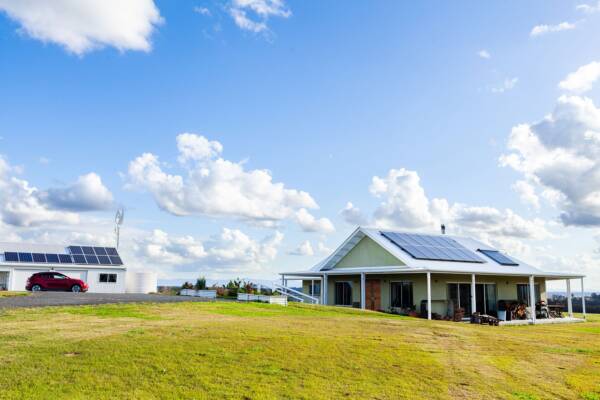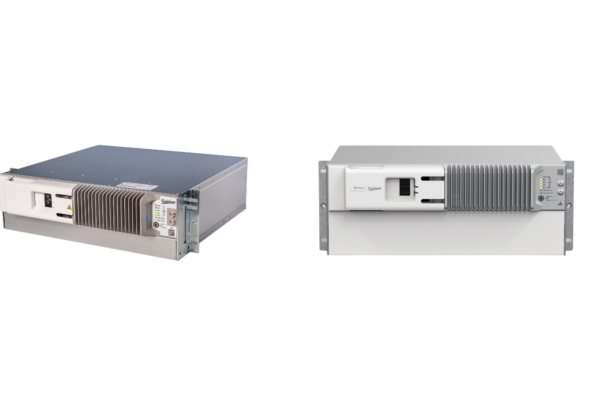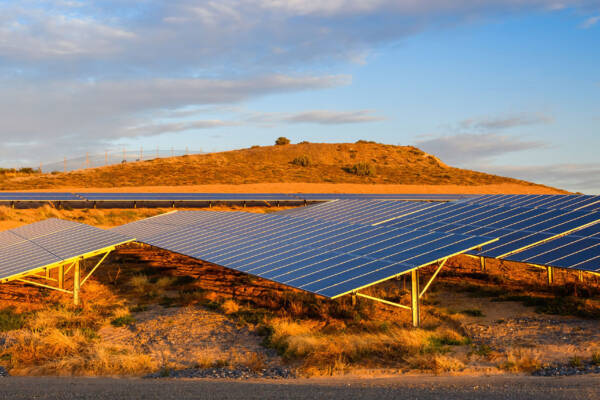Solar Powered Beer - That's pretty cool!
The Jervis Bay Brewing Co has added an extra 36 kilowatts of solar power to its operation, up from 27 kilowatts before.
The South Coast business does not stand alone in the craft beer industry — Sydney-based Young Henrys and Tasmania’s Van Dieman Brewing are also using solar to supply the bulk of their electricity.
Jervis Bay Brewing Co director of sustainability and brewing Oisin Sweeney said the company was also working to reduce its reliance on fresh water.
He said brewers generally used four litres of water for every litre of beer brewed and that wastewater went into holding tanks and then the sewer.
“What we want to do is put the water from those tanks into artificial wetlands — so ponds that will have floating wetland vegetation in them, and that vegetation will hopefully strip out nitrogen and phosphorous from the water,” Mr Sweeney said.
“Should this work, we will be able to pump that back into the brewery.”
Mr Sweeney said the company had also added an electric van to its fleet.
“The electric vehicle that you see is new to us — it actually spends most of its time in Sydney,” he said.
“That is being 100 per cent charged by the solar panels that are up on our roof, which is very gratifying.”
Mr Sweeney said during the day the aim was to run as many operations as possible directly off the rooftop solar.
That includes the chillers, which account for the majority of power usage.
“The chillers, all the cooling, the electric vehicle, all the people working on laptops, all the pumps that are running at the moment are all being covered by our solar power now, which is fantastic,” Mr Sweeney said.
The solar panels do not produce electricity at night and they have no battery, so the brewer is looking at the option of running a small wind turbine to generate power at night.
But the biggest challenge the business faces is phasing out the gas used to heat water.
The installation of solar hot water units is reducing the reliance on gas, but not eliminating it.
“I estimate they will reduce our gas bills by at least 20 per cent, or $300 per month,” Mr Sweeney said.
“At the moment we can’t escape gas — we have a steam boiler in order to boil the liquid that is required as part of the brewing process.”
Were the brewery able to eliminate its gas usage and generate wind power overnight it would be close to achieving its zero emissions target.
But in the meantime savings from the changes that have already been made are already stacking up.
“We have reduced our electricity use by about 40 per cent across both sites,” Mr Sweeney said.



